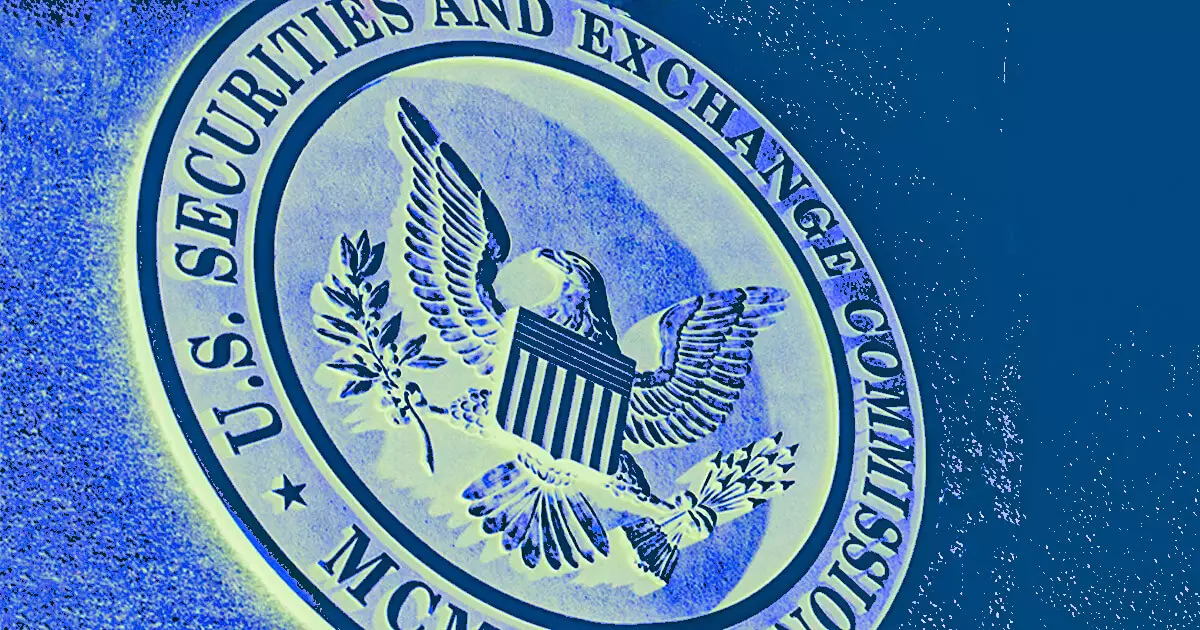The Securities and Exchange Commission (SEC) has recently come under fire for its enforcement action against the Flyfish Club, a unique non-fungible token (NFT) collection tied to a dining experience. This action, which led to a civil penalty of $750,000 and a cease-and-desist order, has sparked significant debate among the commissioners themselves, namely Hester M. Peirce and Mark T. Uyeda. They argue that the application of securities laws in this context is misguided and potentially damaging to the NFT ecosystem.
Flyfish Club marketed its NFTs as exclusive access passes to a members-only restaurant and bar. With approximately 3,000 NFTs created, the initiative saw substantial financial success, grossing $14.8 million from primary sales and an additional $2.7 million from secondary market royalties. The pricing strategy, which included regular NFTs at $8,400 and premium Omakase NFTs at $14,300, underscores the club’s commitment to offering a distinct, high-end culinary experience. However, this profitable venture drew the SEC’s scrutiny, which deemed these NFTs as unregistered securities.
In their dissenting letter, Peirce and Uyeda pressed the point that the SEC’s application of the Howey Test—a tool traditionally used to classify whether an asset qualifies as a security—was inappropriate in this instance. They emphasized that holders of Flyfish NFTs had a legitimate expectation of receiving “wonderful culinary experiences” rather than capital appreciation. Their argument pivots on the notion that these NFTs function more like utility tokens, offering community and exclusive experiences rather than traditional security features. This perspective opens the door to broader conversations about the nature of NFTs and how they should be regulated.
The dissent from Peirce and Uyeda highlights a critical issue at the intersection of innovation and regulation. They argue that the SEC’s aggressive enforcement stance could stifle innovation and experimentation, essential components in the rapidly evolving world of digital assets. By creating an environment of legal uncertainty, the SEC risks pushing creators and entrepreneurs away from exploring new avenues in the NFT space.
In a related context, the SEC’s recent issuance of a Wells Notice to the NFT marketplace OpenSea indicates a growing concern about the presence of potentially unregistered securities on its platform. OpenSea’s CEO, Devin Finzer, described this action as detrimental to creators and artists who rely on such marketplaces for their livelihood. In response, collective action from the crypto community has emerged, including the establishment of the Creator Defense Fund, a $6 million initiative aimed at supporting those adversely affected by the SEC’s enforcement actions.
As the digital economy continues to evolve, there is a pressing need for regulatory frameworks that balance consumer protection and innovation. The Flyfish Club case serves as a mediating point for discussions regarding the SEC’s interpretation of existing laws in the context of new technologies. For a healthy NFT ecosystem to thrive, clarity in regulations and an understanding of the unique nature of digital tokens is essential. The future of NFTs may depend on a collaborative approach where regulators and creators can coexist, enabling growth while maintaining appropriate safeguards for investors.



















Leave a Reply